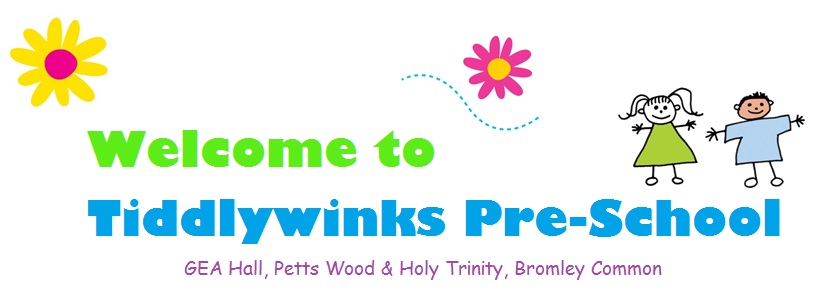

Information Sharing
Policy statement
We recognise that parents have a right to know that information they share will be regarded as confidential as well as be informed about the circumstances, and reasons, when we are obliged to share information.
We are obliged to share confidential information without authorisation from the person who provided it or to whom it relates if it is in the public interest. That is when:
� it is to prevent a crime from being committed or intervene where one may have been, or to prevent harm to a child or adult; or
� not sharing it could be worse than the outcome of having shared it.
The decision should never be made as an individual, but with the back-up of management committee officers. The three critical criteria are:
� Where there is evidence that the child is suffering, or is at risk of suffering, significant harm.
� Where there is reasonable cause to believe that a child may be suffering, or at risk of suffering, significant harm.
� To prevent significant harm arising to children and young people or serious harm to adults, including the prevention, detection and prosecution of serious crime.
Procedures
Our procedure is based on the 7 golden rules for information sharing as set out in Information Sharing: Guidance for Practitioners and Managers (DCSF 2008).
1. Remember that the Data Protection Act is not a barrier to sharing information but provides a framework to ensure that personal information about living persons is shared appropriately.
2. Be open and honest. Explain to families how, when and why information will be shared about them and with whom. Seek consent to share information, unless it puts the child at risk or undermines a criminal investigation.
In our setting we ensure parents:
3. Seek advice when there are doubts about possible significant harm to a child or others.
4. Share with consent where appropriate. Respect the wishes of children and parents not to consent to share confidential information. However, in the interests of the child, know when it is reasonable to override their wish.
5. Managers are conversant with this and are able to advise staff accordingly. Consider the safety and welfare of the child when making a decision about sharing information � if there are concerns regarding �significant harm� the child�s well being and safety is paramount.
In our setting we:
6. Information shared should be accurate and up-to-date, necessary for the purpose it is being shared for, shared only with those who need to know and shared securely.
� Our Child Protection procedure and Record Keeping procedure set out how and where information should be recorded and what information should be shared with another agency when making a referral.
7. Reasons for decisions to share information, or not, are recorded.
� Provision for this is set out in our Record Keeping procedure
Consent
Parents have a right to be informed that their consent to share information will be sought in most cases, as well as the kinds of circumstances when their consent may not be sought, or their refusal to give consent may be overridden. We do this as follows:
� Our policies and procedures set out our responsibility regarding gaining consent to share information and when it may not be sought or overridden.
� We may cover this verbally when the child starts or include this in our prospectus.
� Parents sign a form at registration to say they understand this.
� Parents are asked to give written consent to share information about any additional needs their child may have, or to pass on child development summaries, to the next provider/school.
� Copies given to parents of the forms they sign.
We consider the following questions when we need to share:
� Is there legitimate purpose to sharing the information?
� Does the information enable the person to be identified?
� Is the information confidential?
� If the information is confidential, do you have consent to share?
� Is there a statutory duty or court order to share information?
� If consent is refused, or there are good reasons not to seek consent, is there sufficient public interest to share information?
� If the decision is to share, are you sharing the right information in the right way?
� Have you properly recorded your decision?
All the undertakings above are subject to the paramount commitment of the setting, which is to the safety and well-being of the child. Please also see our Safeguarding Children and Child Protection policy.